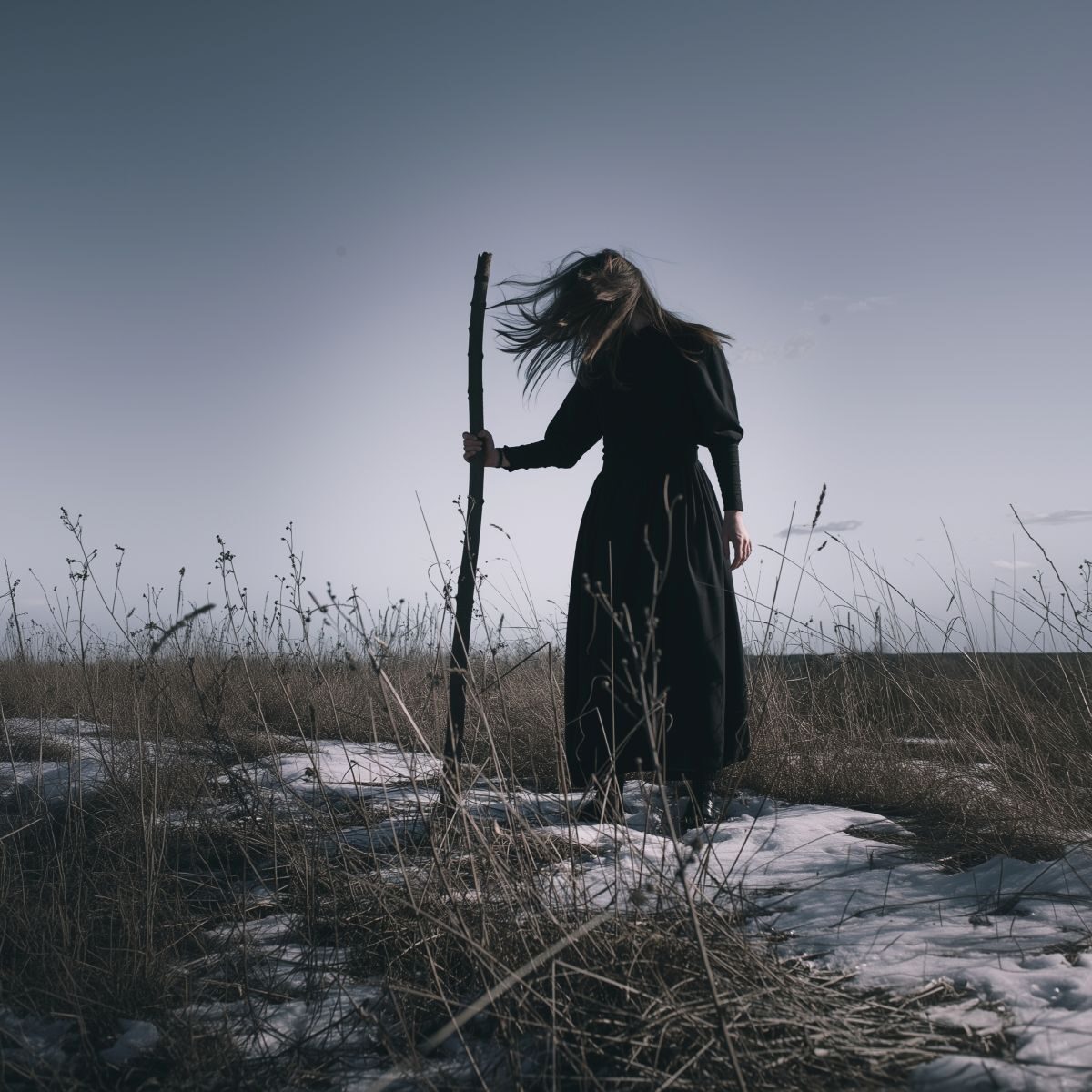
The Mythic Wound of Sun-Saturn
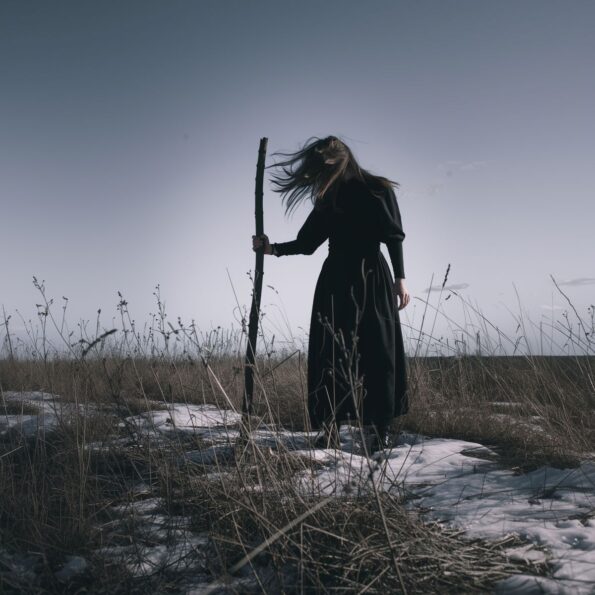 It’s ever so tempting to cast ourselves as hapless marionettes in some puppet show. But if we view the planets as mere harbingers of doom, we reduce our entire life to little more than a blame game. It’s the struggle between fate and free will. We gaze up at Saturn, the shadowy teacher, and it’s all too easy to sigh and say, “Well, this explains the breakdown, the breakup, the crisis.” We heap the whole mess onto Saturn. But what if we’re not victims? What if the planets don’t cause our struggles, but mirror them? What if they reflect the quiet consequences of years of choices, hesitations, avoidances, and desires? We like to believe in the drama of astrology—the glamour of it, the mystique. It gives shape to our chaos. It’s a language that makes the invisible forces in our lives feel comprehensible. But early on, especially when we first discover astrology’s charms, we use it like a shield, or worse we say, “Oh, of course I lost the job—it’s Saturn.” It lets us sidestep the painful but necessary introspection, the mirror-holding, the adulting of it all.
It’s ever so tempting to cast ourselves as hapless marionettes in some puppet show. But if we view the planets as mere harbingers of doom, we reduce our entire life to little more than a blame game. It’s the struggle between fate and free will. We gaze up at Saturn, the shadowy teacher, and it’s all too easy to sigh and say, “Well, this explains the breakdown, the breakup, the crisis.” We heap the whole mess onto Saturn. But what if we’re not victims? What if the planets don’t cause our struggles, but mirror them? What if they reflect the quiet consequences of years of choices, hesitations, avoidances, and desires? We like to believe in the drama of astrology—the glamour of it, the mystique. It gives shape to our chaos. It’s a language that makes the invisible forces in our lives feel comprehensible. But early on, especially when we first discover astrology’s charms, we use it like a shield, or worse we say, “Oh, of course I lost the job—it’s Saturn.” It lets us sidestep the painful but necessary introspection, the mirror-holding, the adulting of it all.
A Saturn transit brings our unexamined patterns into focus. It compresses time, condenses consequence. It offers a moment where what we’ve built—or failed to build—becomes undeniable. It reveals us. And in this revelation, we are given a chance to meet ourselves anew—not as victims of fate, but as co-authors of a myth still in the making.
There’s something human in our tendency to disconnect the harvest from the seeds we’ve sown. When life gets hard—when Saturn transits and says, “Right, time to grow up,”—we often react as if we’ve been blindsided. As if hardship is a random cruelty handed down from on high, rather than the unfolding of our own unconscious. In the early stages of exploring astrology, it’s common to hand over too much power to the planets. We see them as forces acting upon us, rather than energies moving through us. We don’t yet consider the groundwork—the years of avoidance, procrastination, emotional bypassing, or even just gentle dreaming without action—everything leading up to to this moment. So when Saturn asks for accountability, it feels unjust. Why now? Why me? But Saturn’s timing is never arbitrary. It’s just that we rarely notice the slow build-up until the walls start crumbling.
Sometimes it’s not about what we failed to do—it’s about what we’re ready to become. The next level of life often demands a version of us that doesn’t yet exist. So we’re given circumstances—difficult ones, uncomfortable ones—that form this version. It’s preparation. We’re up for progress, for evolution, for becoming the person who writes books, leads others, finds love, builds the dream. But the lifting of the stone. The sheer effort. The bruised palms, the aching back, the part of us that wants to say, “Can’t I just float over this bit?” No, says Saturn. In this light, transits ask us to rise and respond. To look inward. To ask: What have I been avoiding? What am I ready to carry? What does the life I want ask of me, and am I willing to become the person who can live it?
The Sun-Saturn Aspect
A Sun-Saturn aspect, for example, doesn’t simply declare, “You shall feel lonely and overburdened!” It it says: “You may feel like the world won’t let you shine, but could it be that you’re the one dimming the lights?” See, it’s easier—infinitely easier—to externalize the pain. “I’m doing all the work and no one notices.” “People don’t appreciate me.” “Life is hard and no one helps.” And these sentiments may be true on the surface. But deeper down—where Saturn does its best work—there’s often something more personal going on. An old belief that you must earn love through effort. A defense built in childhood, where emotional self-protection came by way of self-reliance. And slowly, silently, a wall goes up. Then, years later, we wonder why no one’s coming in.
Astrology, when it’s approached with courage rather than passivity, offers us a language to decipher this inner realm. It doesn’t excuse us, but it explains us—then it challenges us. Not Why is this happening to me? but Why do I keep repeating this story? It asks: Is your isolation the world’s doing, or is it the outcome of the persona you’ve cultivated to feel safe? Even when we do take responsibility, we often do it with a heavy heart, dragging our sense of duty like a sack of bricks. “Fine, it’s my fault. I’ll do the work. But I won’t be happy about it.” A quiet resentment seeps in, poisons the well, and makes the burden even heavier. It’s martyrdom disguised as maturity.
So what do we do? We ask: Am I the victim, or am I the creator of my own frustration? Who is the cause? Life, perhaps. Fate, maybe. You’re not here to suffer the chart—you’re here to live it, consciously, creatively, with your hands on the wheel and your heart open to change.
The Sun—our essence, our vitality, the central part of self—meeting Saturn, the old gatekeeper with a long shadow, is never a casual encounter. It’s the Self being asked to grow up. In a mythic sense. The soul is being summoned to prove itself to itself. Saturn says, “Show me what you’re made of.” And not just once, but repeatedly, until it sticks. With this aspect, there is sense that the world is waiting for you to prove something. You can’t just be—you must do, earn, become. But once this energy is owned—neither fled from nor resented, but claimed—you become a force. You begin to understand that your life is a series of experiments in responsibility.
If you shun your duties, things fall apart. But if you meet them with intention, something quietly miraculous happens: you become someone who trusts themselves. This isn’t outer success (though that may come), but inner coherence. You feel the weight of the world and your own strength to carry it.
Heavy Expectations
Many with this signature weren’t handed ease. They were handed expectations, sometimes far too early. Maybe the father was absent, or too present in all the wrong ways. Maybe the authority figures in life were weak or critical, or just tired. Maybe the world felt like it was always asking, “What can you give?” before ever offering something back. Naturally, the inner story becomes one of caution. Of holding back. Of questioning every move. Self-doubt becomes a daily rhythm. You begin to feel like life is opposing you, dragging its heels as you try to rise. It’s easy, heartbreakingly easy, to feel like the victim of it all. And who could blame you? When the world feels heavy from the first breath, it’s only natural to assume it will always be so. But you are the cause and the effect. You do influence how these forces manifest.
Life gave you depth instead of lighter confidence. It gave you inner strength in place of outer ease. It didn’t hand you the keys to the kingdom—but it gave you the tools to build your own. The world may have felt like it was pushing down on you. But in this very pressure lies your becoming. What once felt like suppression becomes the very shape of your soul’s integrity.
You’ve had to grow strong in the silence. While others might have been handed approval like bread at a feast, you had to bake your own loaf, often alone. You had to forge self-belief in the cold of comparison and self-doubt, rather than the warmth of encouragement. You had to fight through the doubt of “Am I enough?” just to take up space. Just to exist with any sort of joy. But this is where the dignity of your path emerges. You know—deeply, instinctively—that actions have consequences. Intention matters. Showing up with integrity, even when it hurts, means something. Karma isn’t a mystical idea to you—it’s felt in your bones. You’ve seen it unfold in real time. When you abandon your responsibilities, things fall apart. When you commit, when you push through the fear, when you face the work—it may be slow, it may be thankless, but something solid begins to form. Something real.
You have an aching conflict between wanting to be seen and fearing you’re not enough. The Sun says, “Shine!” Saturn says, “Prove it.” The mind sways between them, unsure whether it’s safe to be big, to be bold, to take up space. But every time you choose expression over withdrawal, courage over compliance, you reclaim a bit of yourself. You earn your light. It’s lonely sometimes. It can feel like life is asking too much and giving too little.
Here is the hidden promise of this aspect: you may start life feeling like you’re standing outside the party, nose pressed to the glass, watching others succeed in life. But if you do the work, if you answer the call, if you don’t give up—you become the one who builds the house. And eventually, it’s your light others gather around. So your circumstances don’t define you. But your response to them defines everything.
The Hero Myth
To be born under the hard aspect of Sun and Saturn is to carry within you the myth of the hero stifled at birth, the child who must survive the jaws of time itself just to glimpse his own light. Kronos, Saturn, feared the power of his offspring—devouring them out of fear. Fear of being replaced, overthrown. And doesn’t this mirror the inner dynamic of Sun-Saturn? The part of you that wants to rise, to shine, to express—and the other part, deep and dark and fearful, that says, “Not yet. You’re not ready. Not safe.”
You don’t wake up believing you are enough—you become enough by proving, over and over again, that you can survive your own doubt. You see your faults. You often fixate on them, even when the world hasn’t noticed. It’s how you make sure you’re never caught off guard. Ever vigilant, ever prepared. But there’s a quiet tragedy in this. Because even as you grow, even as you accomplish, even as you become a person others admire—you might still feel like you’re waiting for someone to hand you the certificate that says, “You are now allowed to love yourself.”
This is where the myth can help. Because Helios doesn’t beg for approval. Apollo doesn’t apologize for his light. The Sun, in all its mythic glory, doesn’t question its right to shine—it simply is. The key isn’t to banish Saturn, but to change your relationship with him. Let go of the tyrant, and hold on to the mentor. What if the whole point of this struggle is not to prove your worth—but to realize it was never in question? Your strength, your nobility, your depth—it’s born from those moments you sat with your own shadow and refused to run.
This is the chart of someone who knows—deeply, innately—that they are here to build something. From scratch. With intention. With effort. With callouses on the soul. You have the sensation that even when no one is watching, even when the applause is absent, you must do the right thing. That your life is not only yours—it belongs to something greater. A task. Something in the bones says, “Keep going. You’re not finished yet.”
The Responsible Man
Some astrology readings say that if you’re a woman with this aspect, you could end up meeting the classic ‘older, responsible man.’ On the surface, it might sound like a Saturnian partner coming in to reflect the energy you’re learning to integrate. Someone solid, someone who has got their life together, someone perhaps a bit predictable but safe—a container for your Sun. But it’s not always a literal man. Sometimes it’s your inner elder emerging. The part of you that finally grows into your own authority. The part that no longer waits for permission or approval, because it is the one giving it.
Yet some women with this aspect often feel more like Atlas—carrying the weight of the world alone. Shouldering responsibilities, managing emotional infrastructure, patching up the leaks in the dam while the so-called “Sun” in her life floats about with a grin, golden and unburdened, chasing butterflies of inspiration while she’s sandbagging against the flood. This is a potent, painful dynamic. And it is a profound Saturnian lesson in disguise.
For the woman bearing this aspect, life doesn’t always offer the easy comfort of being held. It says, “Here—carry this. Learn what you’re made of.” And when partnered with someone more carefree, more spontaneous, perhaps even more self-centered or avoidant, the contrast is searing. She may feel like the adult in a house of children. The keeper of calm. The fixer of messes. And somewhere inside her, the weariness grows—fed by the quiet truth that she can’t set the weight down without watching everything fall apart.
But the quieter teaching shows her that no one else can do her work. She’s isn’t doomed to carry it alone, but the kind of steadiness she seeks must first rise within her. Often, the partner becomes the theatre in which your inner drama is staged. He’s the Sun, perhaps. Charismatic, life-affirming, but unreliable. He shows you what you repress—the desire to let go, to laugh, to be held, to shine without earning it.
In the case of oppositions, this is especially profound. The relationship becomes a mirror: your discipline vs. his desire, your structure vs. his spontaneity. At best, it becomes alchemical. You temper one another. He brings levity. You bring longevity. At worst, it becomes a pattern of resentment, where the woman feels isolated even in togetherness. Sometimes the path requires knowing yourself through this very solitude.
But what happens if you’re a woman who feels like the lone Atlas, while he’s the Sun, in a sense? Sometimes, Sun-Saturn women are given partners who draw out the very lesson they most need.
It may feel like loneliness at times, but it’s a quiet knowing: your journey is yours. With a Sun-Saturn placement—especially if it’s a tight aspect—life often teaches you that relying on others is risky business. You develop belief only after many disappointments. You think: If I lean on them, it will fail. If I rest, the world might fall apart. You may even long for someone to hold it all—for once. And if we want to go really deep into some psyches, if this resonates, it could be the mythic wound of Sun-Saturn: The disappointed father figure. The failed protector. The authority that should have known.
When you needed someone to catch you, they fumbled—or simply weren’t there. So you internalized a code. Don’t depend. Don’t expect. Don’t fall asleep at the wheel. Because every time you did, something fell apart. And so over time, a belief sets in. A hard truth masquerading as wisdom: If I let go, it all crumbles. If I don’t hold it—this job, this family, this version of myself—no one else will. And there it is: the mythic wound. The disappointed father. The protector who didn’t protect. The authority who failed, faltered, who should have stood tall. Sun-Saturn carries this story deep in the psyche. The Sun, symbol of our divine spark, our right to simply be, comes into conflict with Saturn’s lessons of limits, of rules, of earned worth. So the child doesn’t simply shine—they monitor the shine. They moderate it. They ask: Is it okay to be this? Am I safe to express? What will it cost if I get it wrong? And even in adulthood, even with the accolades and the mortgage and the well-folded laundry, the doubt remains: You’re only as safe as you are vigilant. It’s not that you don’t want to lean on someone. You ache to. But the ledger in your mind is full of evidence to the contrary.
Because the masculine archetype—the father, the protector, the Sun in the mythic sense—is supposed to bring security (Saturn). It is meant to say: “The world is safe, you are seen, and I will shield you.” But for many with Sun-Saturn, this promise was broken early. Sometimes the father was buried in his own insecurities. Sometimes he simply wasn’t capable of being what you instinctively felt he should have been. You looked to him for the sunbeam of affirmation—and instead, you got shadows. Maybe he was weak. And that weakness etched itself into your idea of reality. It became a silent blueprint: strength is unreliable, protection is uncertain.
The Rock
This is where the strength forms—disappointment. In the lonely decision to be your own rock. You became the foundation you lacked. You became responsible, reliable, for yourself, for everyone. And while it’s heroic, there’s also grief hidden beneath it. Because there’s a softness in you that had no safe place to bloom. There’s still a longing, no matter how deep you bury it, to lean on someone without fear. To fall, just once, and be caught. You learned the weight of the world so you could carry it consciously—and then, eventually, set some of it down, enough to let light in.
Everywhere you turn, more crumbling towers, more brittle promises, more disappointments. The world reenacts your unmet needs, again and again. Unless you consciously intervene in this story—unless you claim your own authority—you’re condemned to see life through the cracked lens of let downs and disappointment. You begin to expect it. Even from those who might actually want to show up. Even from those who love you. Because if the foundation says, “People fail you,” then every flaw becomes proof. Every shortcoming becomes confirmation. And so they never get to be real. Only projections. Only shadows.
But there is a strength in the decision to step up—to become the father figure you longed for. The rooted, reliable, compassionate masculine within. When you do that, truly do it, something miraculous happens. The world begins to change. You’re no longer seeking someone to rescue you from the weight—you’re becoming the person who knows how to carry it wisely. Suddenly, others can meet you differently. They are no longer cast in your mythic tale of failure. They’re allowed to be human. To be flawed but still good. To be present, even if imperfect. The gates begin to open. And the world, once a bleak terrain of limits and disappointments, becomes something new. A landscape of possibility, of growth, of real connection. But it starts with you. A return to the throne that was always meant for you. No one else is coming. But you are here now. And that… that changes everything.
The masculine, as archetype is meant to bring protection, provision, order. When Saturn binds the Sun, the life-giving principle often arrives laced with pain: the father who was too cold, too distant, or even too weak to carry the mantle you instinctively felt he should. This early disillusionment frames reality. It tells the child, this is what the world is like: unreliable, hard, disappointing. And so what do you do? You Saturn-up. You tell yourself, I’ll never need anyone to hold me up again, because when I did, they dropped me. Until you take control, the world will appear soul-crushing. This is Saturn’s hard lesson: he won’t let you project your power outward. He’ll keep withdrawing it, again and again, until you turn inward and reclaim it. He says, “No one else is coming. It’s you. And when you step up, then—and only then—do the gates open.”
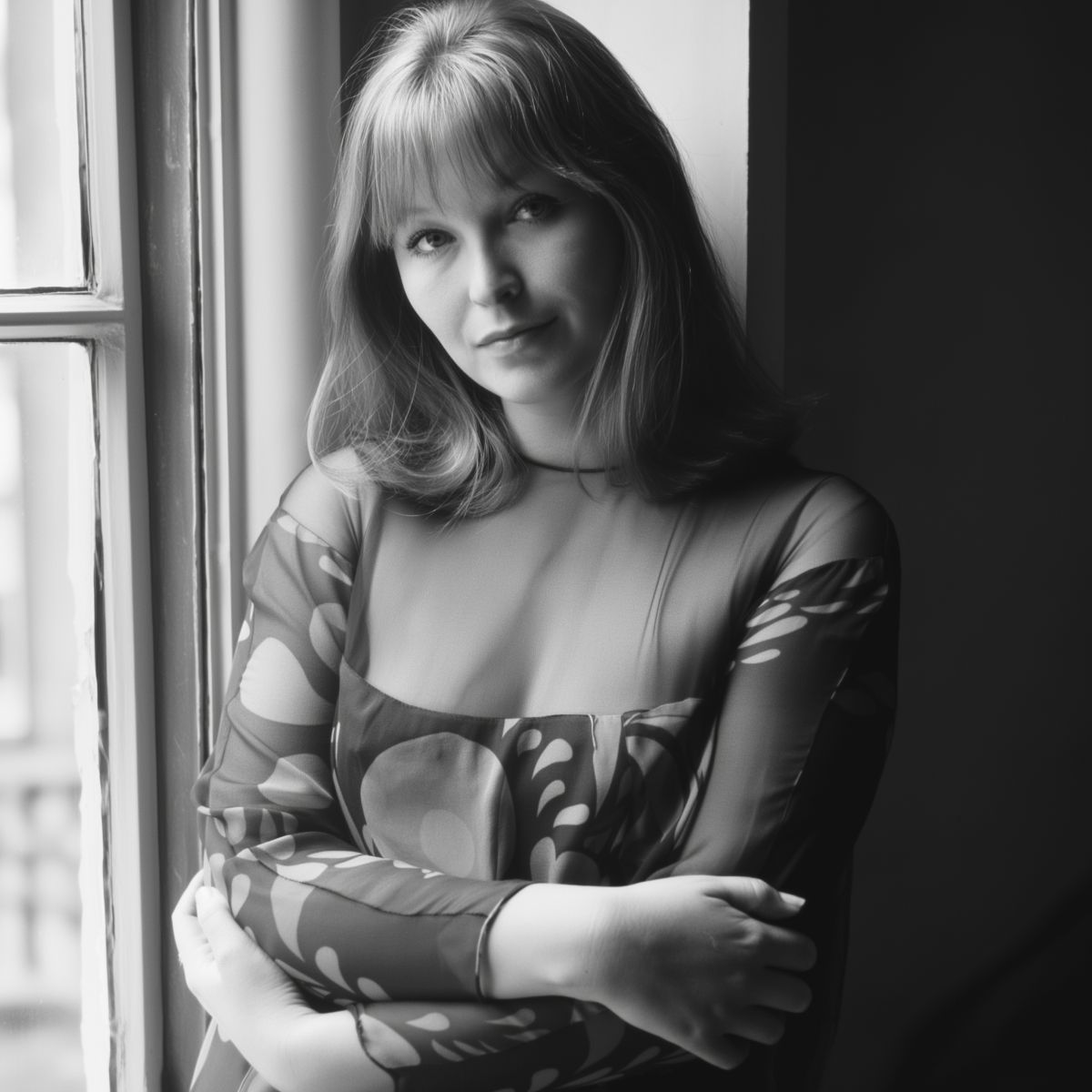






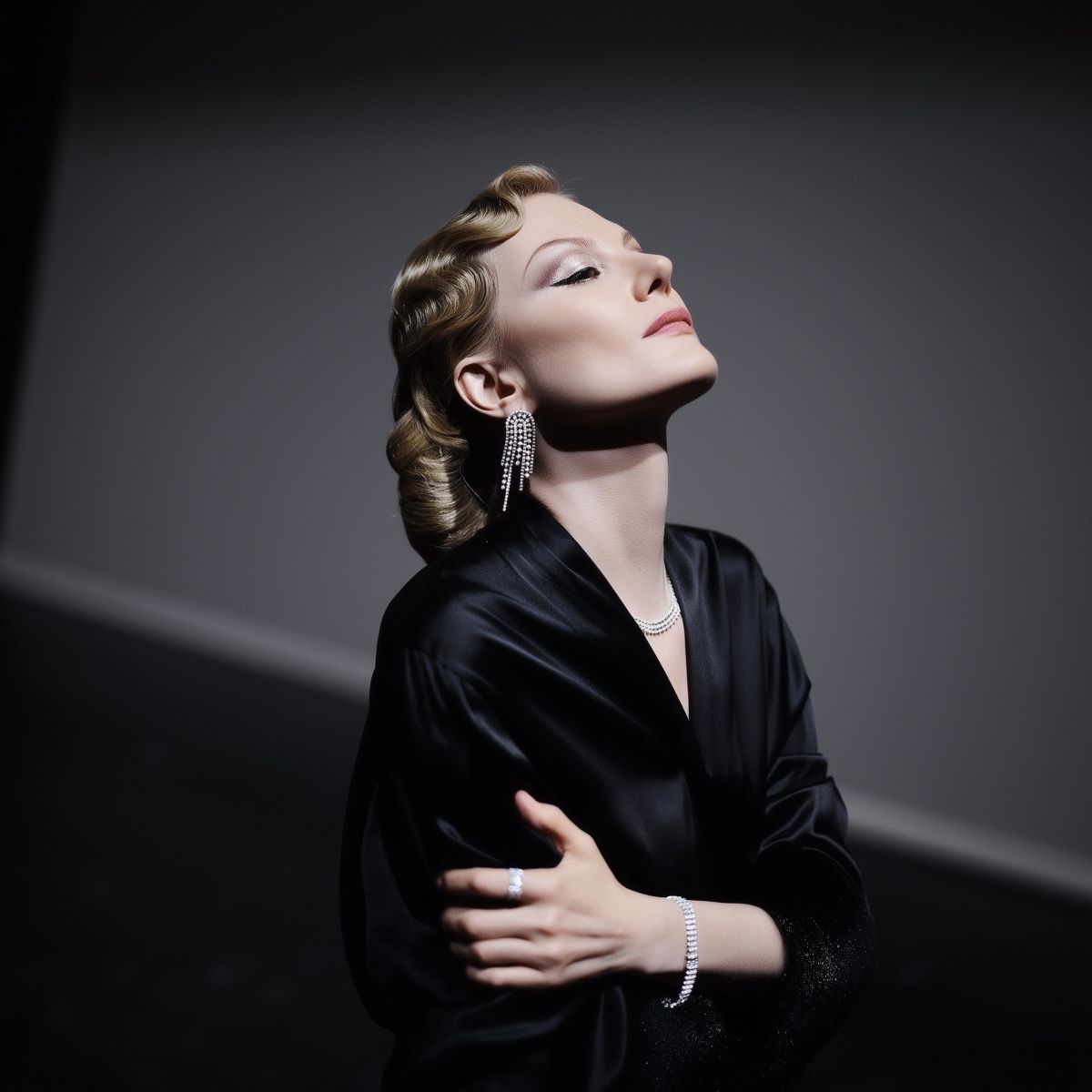 Material Mysteries: Pluto in the 2nd House, According to Astrological Research
Material Mysteries: Pluto in the 2nd House, According to Astrological Research
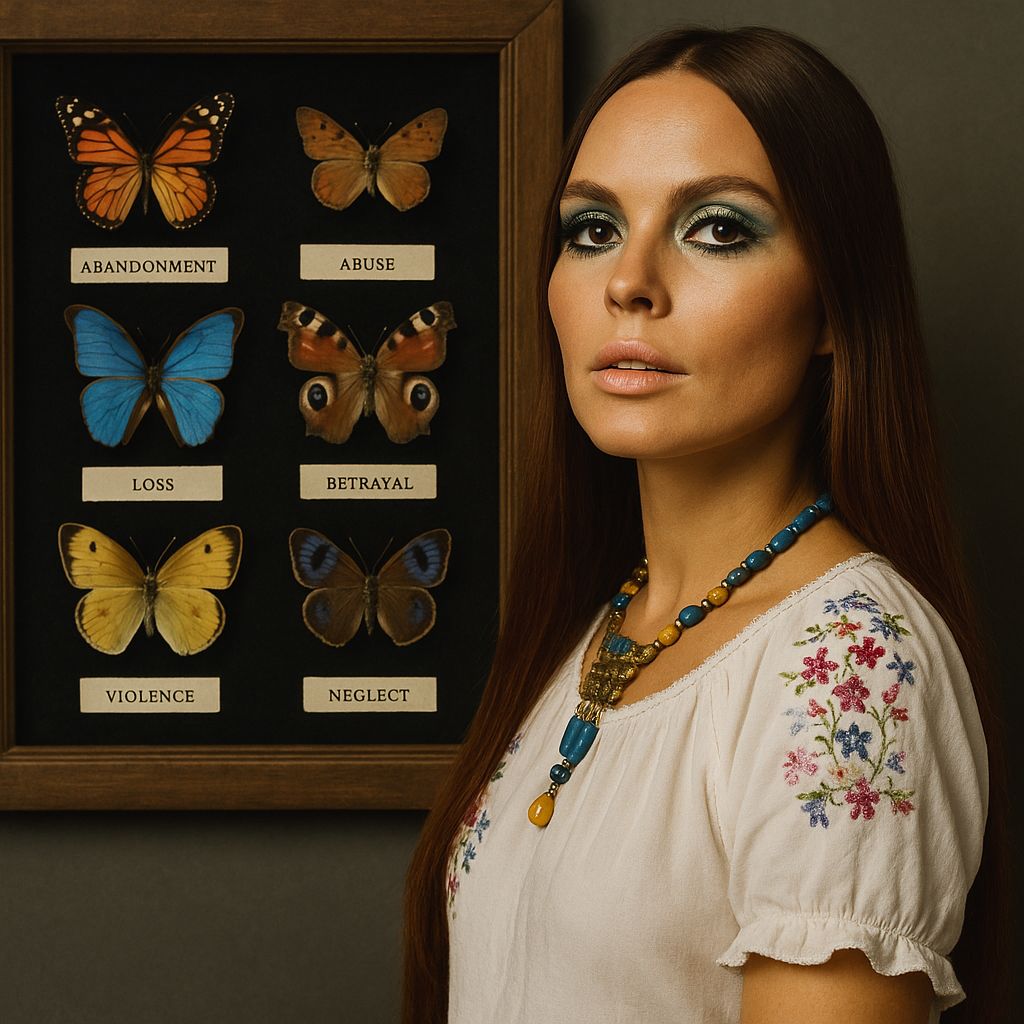 Signs You’re a Plutonian (Part 2)
Signs You’re a Plutonian (Part 2)
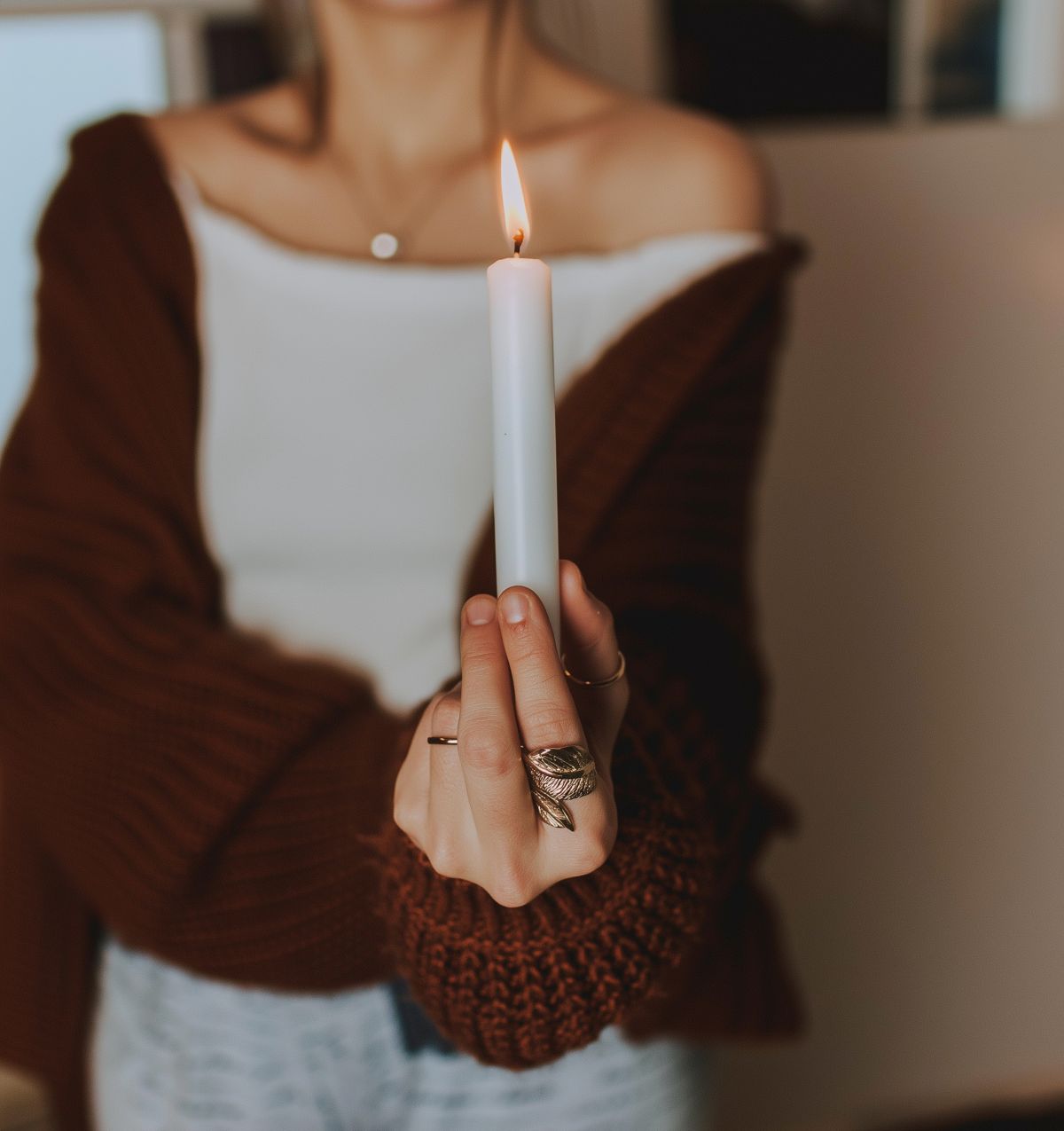 Moon Trine Mars Natal Aspect
Moon Trine Mars Natal Aspect
 Uranus Transits the 4th House: The Chaotic Path to Personal Inner Growth
Uranus Transits the 4th House: The Chaotic Path to Personal Inner Growth
 Taurus: Psychology
Taurus: Psychology
 Sun Square Pluto Natal Aspect: I Am Titanium
Sun Square Pluto Natal Aspect: I Am Titanium
 Sun Conjunct Pluto Synastry: Enlightening or Annihilating
Sun Conjunct Pluto Synastry: Enlightening or Annihilating
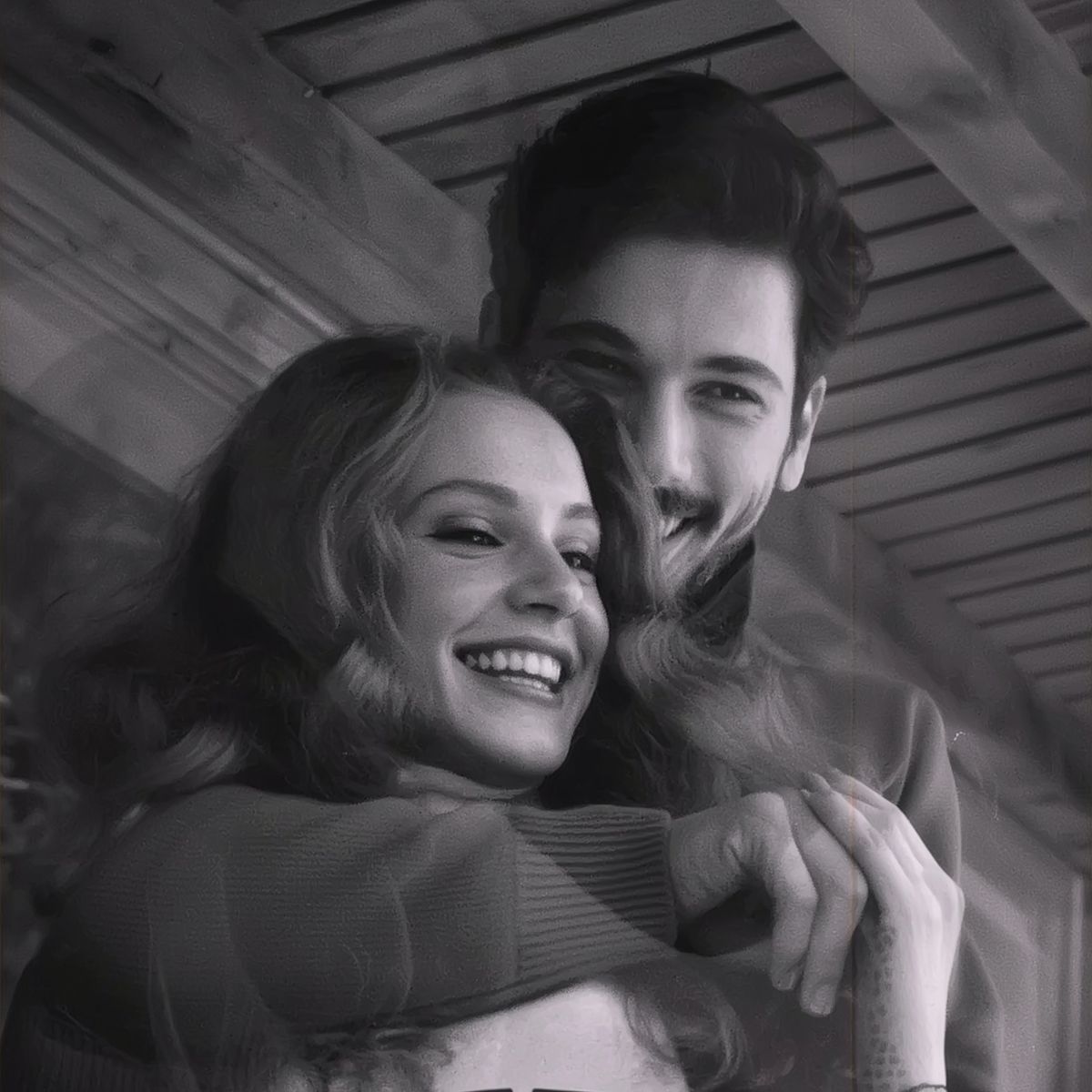 Venus Trine Saturn Synastry
Venus Trine Saturn Synastry
 Moonlight Psychology
Moonlight Psychology
 Sun Square Pluto Synastry: You’ve Got That Power Over Me
Sun Square Pluto Synastry: You’ve Got That Power Over Me
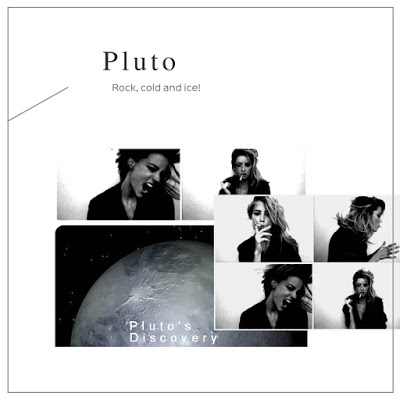 Pluto’s Discovery and Astronomical Features
Pluto’s Discovery and Astronomical Features
 Jungian and Freudian Astrology: Part 1
Jungian and Freudian Astrology: Part 1
 Mars-Pluto Synastry: Something Quite Dark and Dangerous
Mars-Pluto Synastry: Something Quite Dark and Dangerous
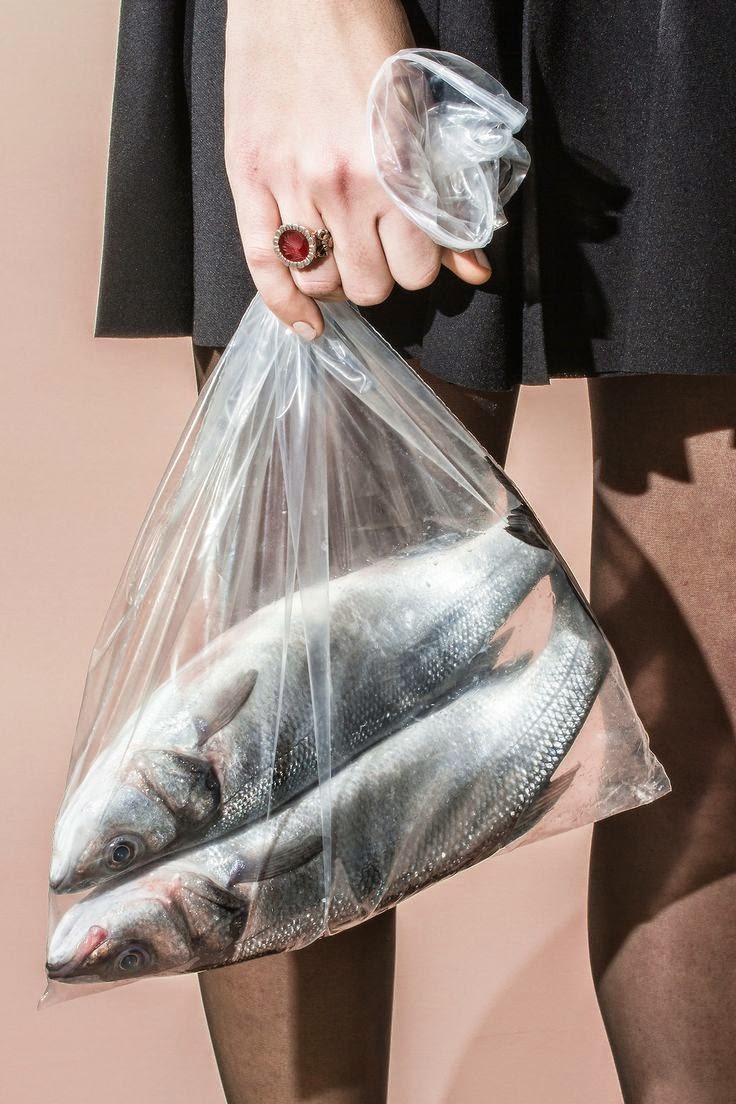 Pisces Fish Symbol Meaning
Pisces Fish Symbol Meaning
 Pluto: 13 Dark Truths
Pluto: 13 Dark Truths
 The Differences Between Synastry and Composite Charts!
The Differences Between Synastry and Composite Charts!
 Mars Conjunct Pluto Synastry
Mars Conjunct Pluto Synastry
 By Jove!
By Jove!
 Venus-Pluto Synastry: A Love So Powerful That It Might Just Kill Them
Venus-Pluto Synastry: A Love So Powerful That It Might Just Kill Them
 Saturn Conjunct Pluto Natal Aspect
Saturn Conjunct Pluto Natal Aspect